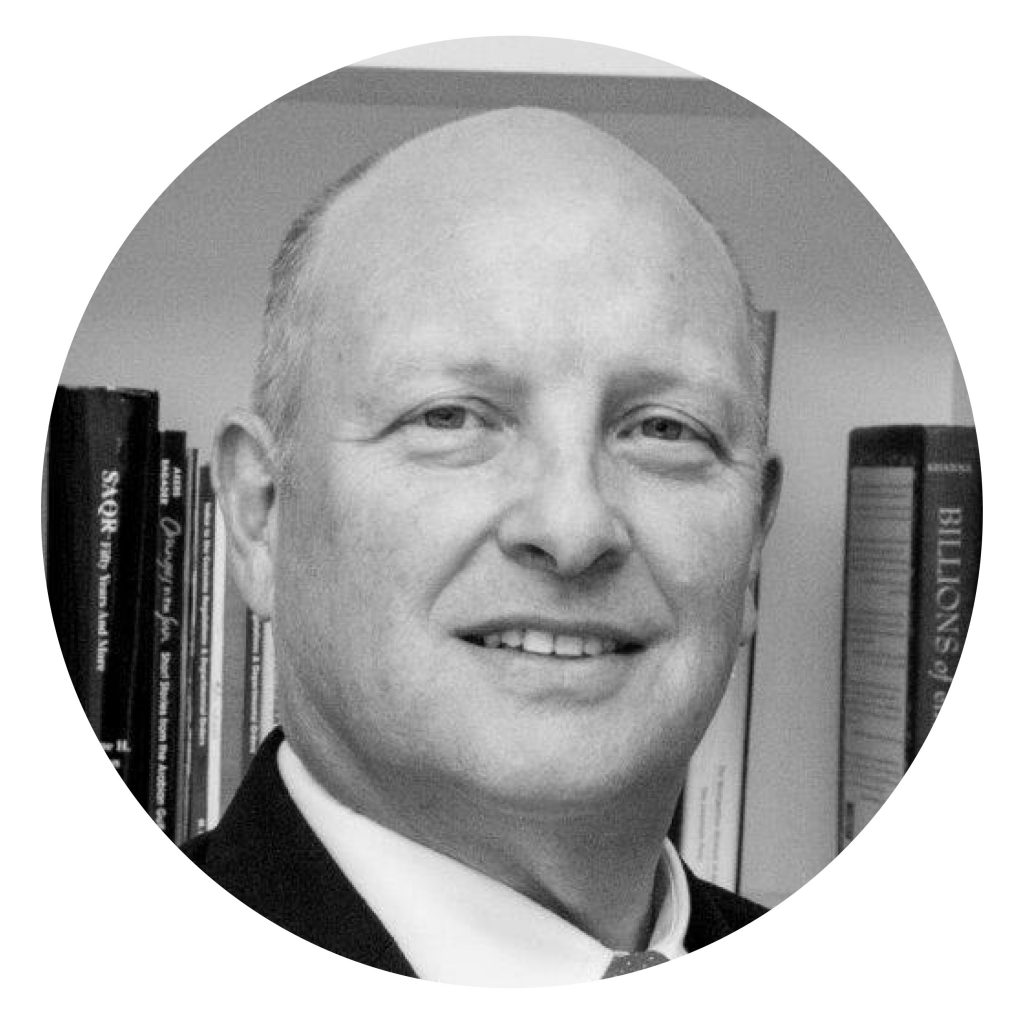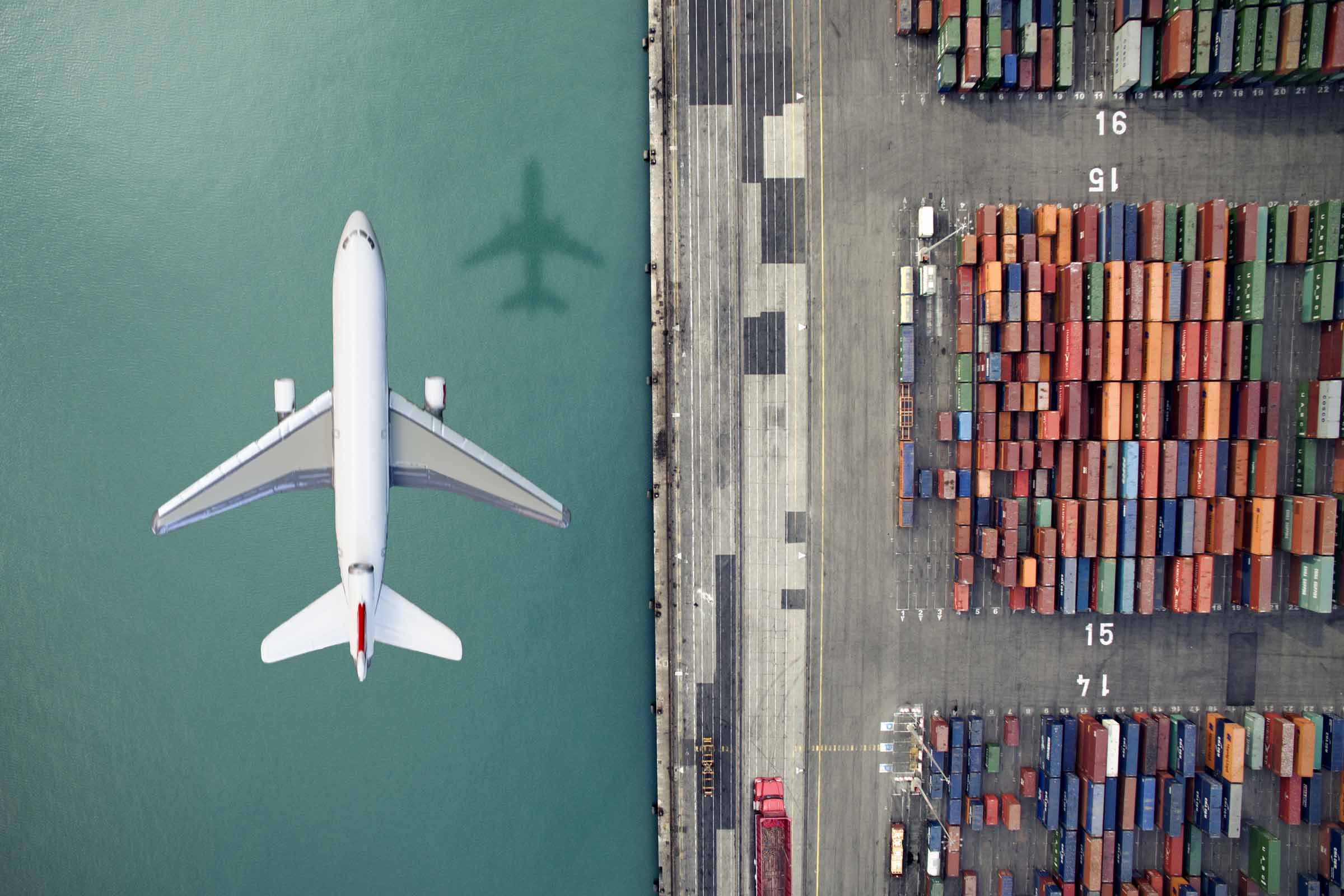We’re living in a global village. We buy things online and have them flown around the world to arrive at our doorstep. And we think nothing of it. We fly, drive or ship ourselves around the planet at the same time. Yet have you ever considered the thousands of people working in a customs and border protection career who make sure you and your goods arrive safely?
The world of customs and border protection is incredibly complex. Some seriously smart and dedicated people devise and uphold it. The chaos they shield us from is immense. One of those people is Professor David Widdowson AM, Chief Executive Officer of Charles Sturt University’s Centre for Customs and Excise Studies. He received the Order of Australia for his work in the field. And he’s seen some huge changes in this ever-evolving area.
We sat down with Professor Widdowson to discuss the past, present and future of this dynamic industry.
How did you get involved in customs and border protection?
“When I first joined the Australian Customs Service – straight from university – I had little idea of what it might entail. It was only as I progressed through different areas of the organisation that I realised what a diverse workplace it was. I was fortunate to experience most facets of the job. That included ensuring that Australia complies with its obligations under international law, to catching smugglers!”
What’s your career highlight been so far?
“My career has taken me down two distinct but interrelated paths. Firstly in customs and then in academia. Without doubt my most enjoyable time in customs was as manager of Melbourne Airport. There was never a dull moment. I must say that watching Border Security brings back some fond memories!
“I’ve also encountered a number of memorable moments along the academic path. My aim has been to raise the academic standing of the customs profession. That’s why I established the Centre for Customs and Excise Studies (CCES). First and foremost was when the World Customs Organization (WCO) formally recognised customs education programs that meet a set of international standards that were jointly developed by the WCO and a small but dedicated group of academics. Secondly, a major highlight was when CCES was named Australian Exporter of the Year for education.”
What have the biggest industry changes been in your 40+ years of experience in international trade regulation?
“The work environment has certainly changed dramatically during that time. Primarily, that’s due to advances in technology. In the early years of my career we had no computers, email, mobile phones, fax machines or even photocopiers. Furthermore, we did everything on paper. We sent all correspondence by post – prepared by our colleagues in the typing pool. In the early eighties, we replaced the paper archives with microfiche. Some considered this to be the end of the world as we knew it!
“The nature of international trade and its regulation has also undergone a fundamental change during that time. There have been technological advances in trade and transport, globalisation, e-commerce and a significant degree of international harmonisation of process and procedure. Consequently, the focus of customs work has changed quite radically in recent times. Above all, the priorities of the past 15 years have been security and counter-terrorism.”
Which skills do you think people will need in the future of international trade regulation?
“The field is so broad that it has room for a diverse range of skills in both the public and private sectors. However, managing the challenges of today’s global trading environment requires new skills in fields such as artificial intelligence, cyber security and data analytics. With the ever-increasing volume and speed of global trade, the effective management of data is critical for both regulators and the international trading community.”
What are the main threats facing countries today in terms of customs and border protection?
“The current emphasis on supply chain security and counter-terrorism has unfortunately been at the expense of the more traditional customs role of trade compliance. As a result, in several developed countries this has resulted in a reduced capacity to effectively enforce trade regulations.
“The current wave of nationalism and protectionism has the potential to seriously damage global trade and economic development. This trend has the effect of raising barriers to trade. It is epitomised by Brexit and the policies of President Trump. It is, essentially, reflective of an underlying ignorance of the complexity of trade and customs regulation.”
How did you feel about receiving the Order of Australia?
“Obviously flattered, but also humbled. You tend to go about your work without any thought that you may receive this type of honour. It is certainly something that I value highly.”
What would you recommend to anyone interested in making a career in customs and border protection?
“All too often I see people restricting themselves to one or more areas that pique their interest. Take the time to fully understand the fundamentals of international trade. How do goods get from country A to country B? Which documents are required? Who are the players involved and what is their role? What are the underlying commercial imperatives in terms of cost and potential risks?
“Above all, on a lighter note, explore and enjoy the diversity of the field. You won’t be disappointed!”
Are you ready to start exploring?
Discover the world of customs and border management with the experts at Charles Sturt University. And you can even start midyear!
Take a look at our unique and internationally-focused courses.
- Master of Customs Administration
- Bachelor of Border Management
- Graduate Certificate in International Revenue Administration
Contributor

Professor David Widdowson AM is Chief Executive Officer of the Centre for Customs and Excise Studies at Charles Sturt University. He is the founder and president of the International Network of Customs Universities. Furthermore, he is founder and Editor-in-Chief of the World Customs Journal and a member of the World Customs Organization’s Partnership in Customs Academic Research & Development. Professor Widdowson holds a PhD in Public Sector Management. He has more than 40 years’ experience in international trade regulation, including 21 years with the Australian Customs Service.


You must be logged in to post a comment.